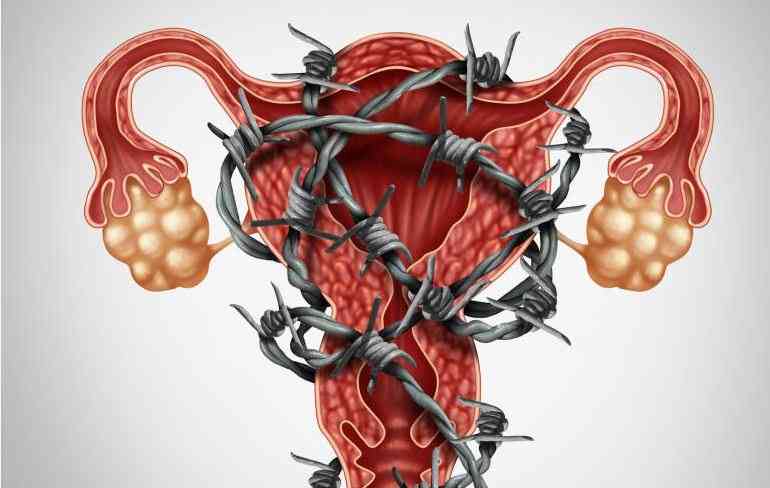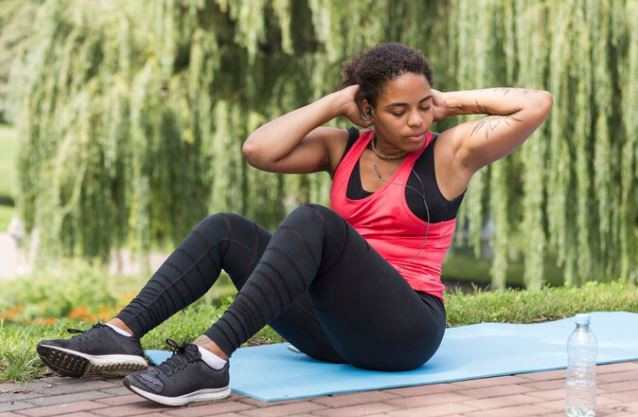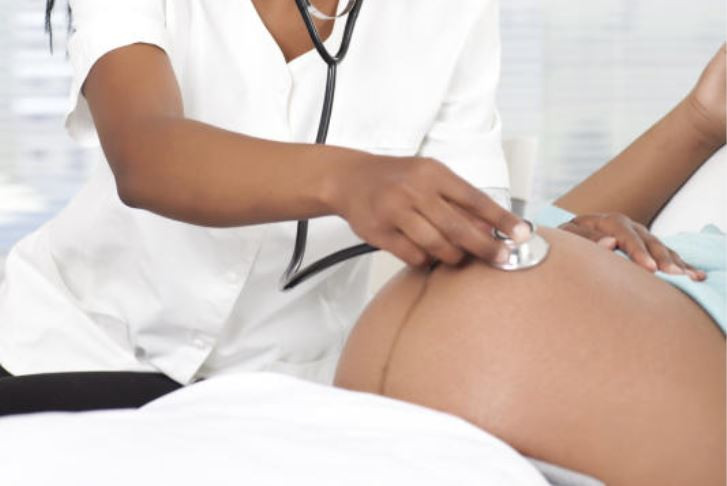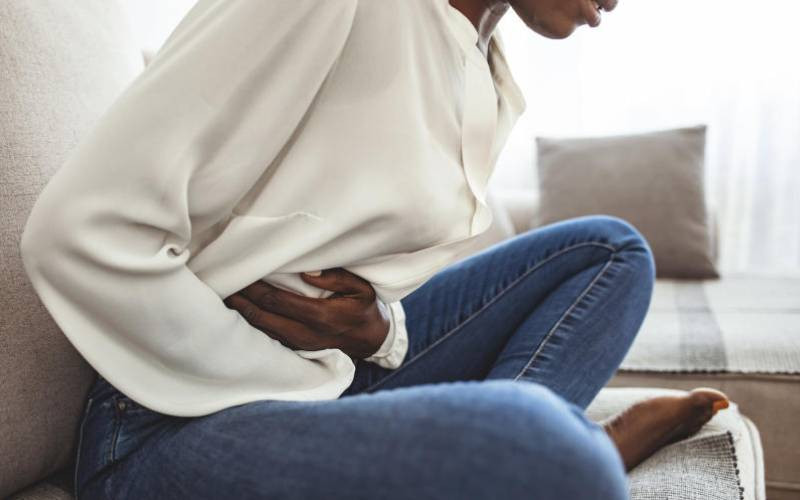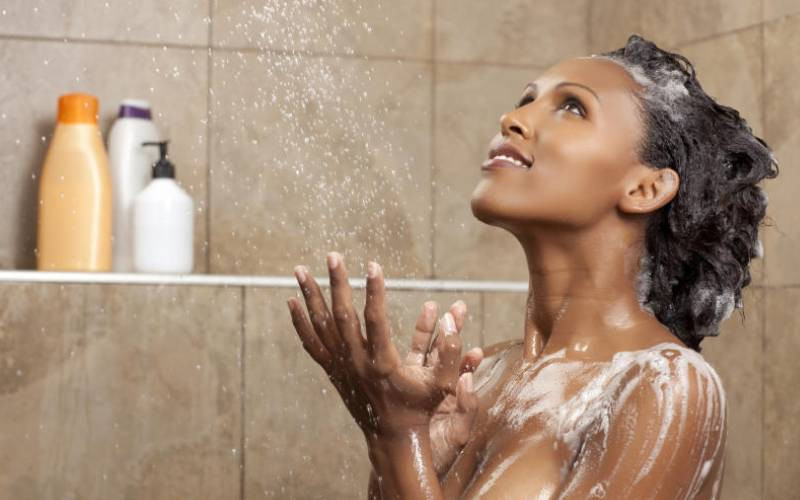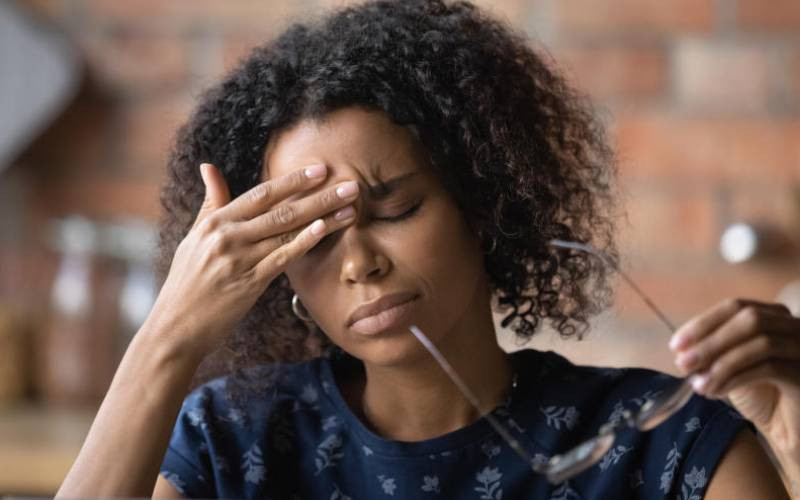
Just like your skin and hair, your vagina changes with age. Trouble is, our lady bits aren’t usually water cooler chat, and many of us feel embarrassed discussing ‘down there’ with our doctor.
According to research by Vagisil, 42% of us don’t like mentioning the word ‘vagina’, and more than half of women would be embarrassed to ask for help if we had an intimate health concern – even though 4 in 10 have had personal problems in the past.
And a fifth currently have concerns about the health of their vagina. This means we’re woefully unprepared for any changes that may lie ahead, such as vaginal dryness, irritation and chronic pain, all of which can affect our sex lives, relationships and health. These issues may sound scary, but they are common and can be sorted. Here’s how to get to know your vagina and keep your bits healthy….
As women go through different life stages, the vagina also experiences huge changes. "During childbirth, the vagina stretches to allow the baby through. The muscles, ligaments and tendons that surround and support the vagina
in the pelvis also stretch and loosen," explains medical director Dr Tony Steele.
How it affects you: "This means the vagina and other pelvic organs, including the bladder and bowel, are less well supported," says Dr Steele.
Likewise, after the age of 40 and at the onset of the menopause, because of falling hormone levels, the muscles in the pelvis start to weaken and the contents of the pelvis, including the vagina and bladder, can bulge downward under gravity, known as a prolapse. It can lead to urinary incontinence, which a quarter of women over 40 suffer from.
How to deal with it: Practicing pelvic floor exercises are vital to avoid these problems and improve your sex life, too.
In need of lubrication?
"Vaginal dryness is very common and is not just related to the menopause. Pregnancy, hormone treatments and even stress or tiredness can also cause this," explains Diana Mansour, consultant in community gynaecology and reproductive healthcare.
Around the time of the menopause, oestrogen levels fall, which can lead to vaginal atrophy – the term used to describe reduced blood flow to, and thickness and moisture of, the vaginal lining.
How it affects you: "Vaginal dryness can be uncomfortable, leaving you more vulnerable to irritation or pain during sex," explains Diana. "Approximately half of all women experience this after the menopause," she adds.
Infection prevention
If you’re experiencing irritation, it could be due to an infection called bacterial vaginosis. "This is an inflammation of the vagina, and can become more common around the time of the menopause," explains Dr Steele.
How it affects you: Symptoms include a fishy-smelling discharge as well as soreness and swelling, and it’s almost twice as common as thrush. "Vaginosis can be caused by different infections and is not generally a sexually transmitted condition," says Dr Steele.
How to deal with it: A simple swab test can diagnose it, while a short course of antibiotics usually resolves the problem.
When it comes to protecting yourself against STIs, always use condoms. "A drop in hormones mean the vaginal lining is thinner and more prone to bleeding during intercourse in older women, so practice safe sex to reduce the risk of infection," says Dr Steele.
Post-menopausal women are also more prone to urinary tract infections. "Older women tend to have less of a barrier to bacteria getting into the urine, because the outlet to the bladder (urethra) becomes thinner and less protective with age," explains Dr Steele.
HRT (Hormone Replacement Therapy) can help alleviate some of these problems by increasing the hormone levels in your body, but if you have any concerns regarding irritation, discharge or pain affecting your intimate area, or are concerned that you may have an infection, always speak to your doctor.
Do things look a bit different down there?
It’s always good to keep an eye on things by carrying out regular checks with a hand-held mirror. Look out for any unusual lumps, sores or swellings, and see
a doctor if you notice anything different or worrying. Although don’t be shocked if you notice a few grey hairs, or your pubic hair begin to thin out. It’s a natural part of the ageing process and totally normal.
"Also the skin of the pubic area, the vulva and labia around the outside of the vagina, and the pelvic area is like skin elsewhere in the body – it becomes lighter, thinner and more wrinkled and freckled with age," explains Dr Steele.
 The Standard Group Plc is a multi-media organization with investments in media platforms spanning newspaper print
operations, television, radio broadcasting, digital and online services. The Standard Group is recognized as a
leading multi-media house in Kenya with a key influence in matters of national and international interest.
The Standard Group Plc is a multi-media organization with investments in media platforms spanning newspaper print
operations, television, radio broadcasting, digital and online services. The Standard Group is recognized as a
leading multi-media house in Kenya with a key influence in matters of national and international interest.

